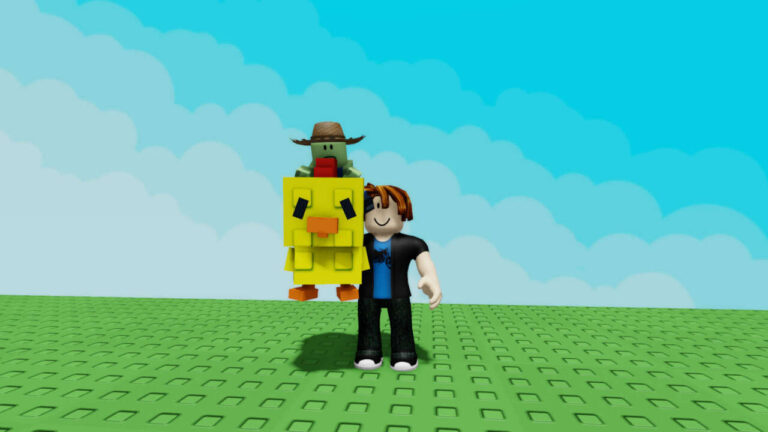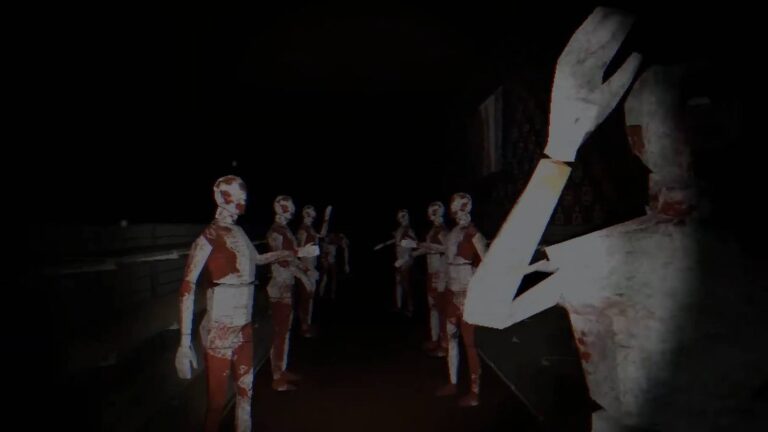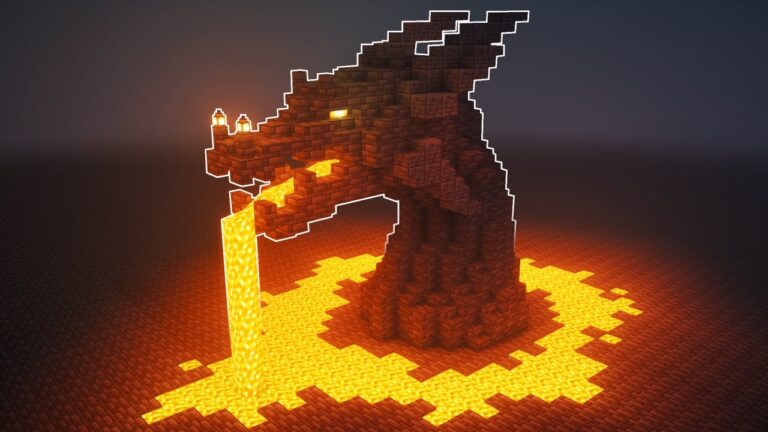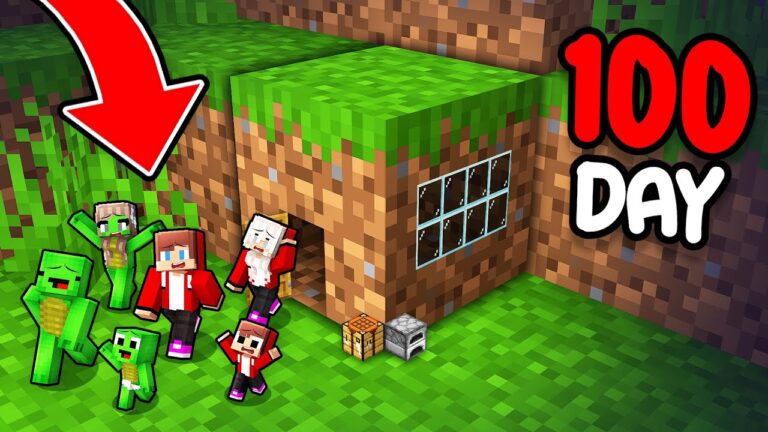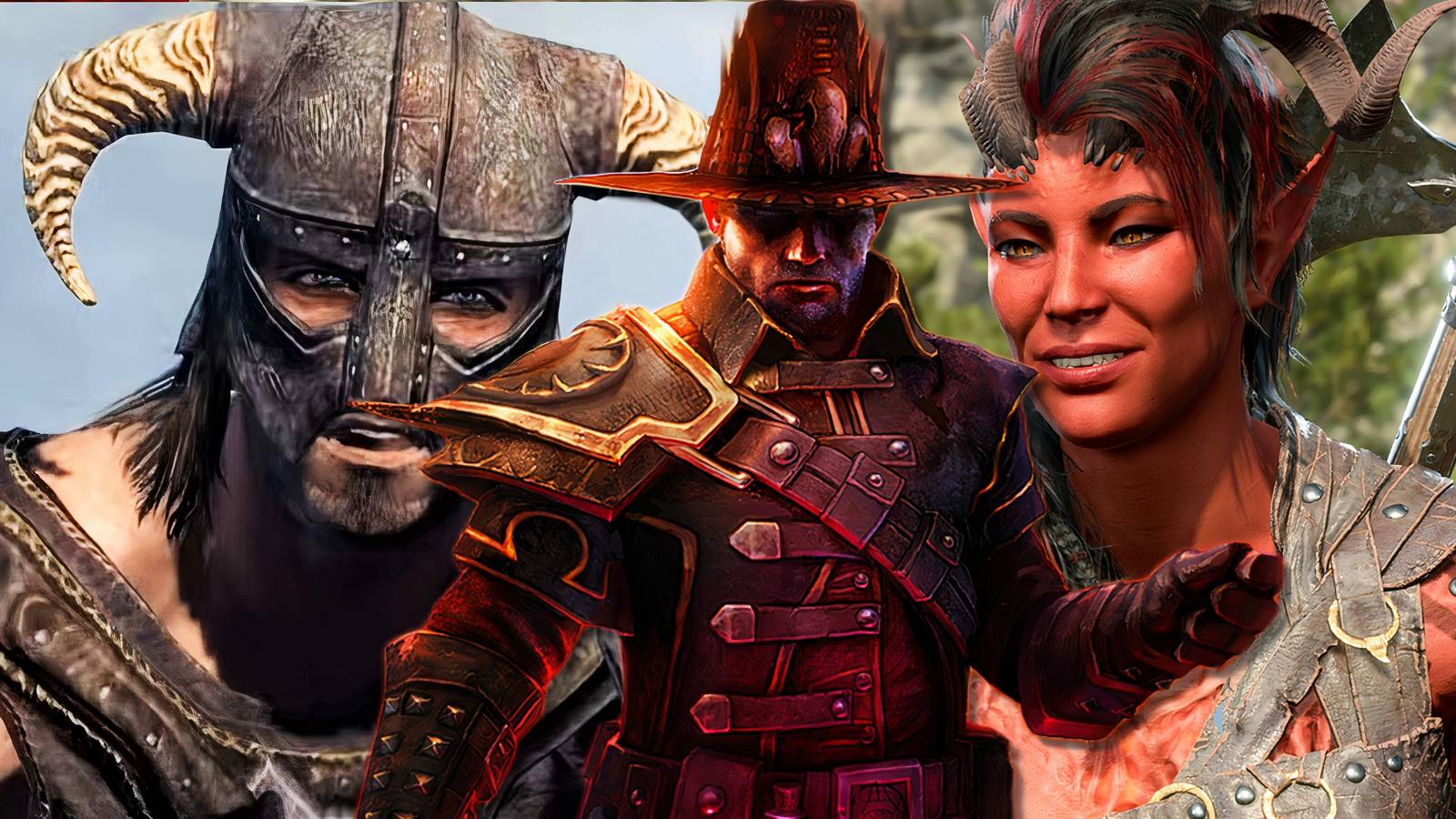
Summary
- Combining classes in RPGs offers strategic depth, build opportunities, and replayability.
- Games like Cyberpunk 2077 and Skyrim provide unique skill systems that allow players to craft their own classes.
- Baldur’s Gate 3 utilizes classes to the maximum degree, with the roles changing the story, gameplay, and outcomes of events.
Classes are essential to the identity of RPGs, as they require players to choose a role or job that fits their playstyle for the adventures that lie ahead. One of the most intriguing aspects of this design philosophy is the ability to combine different character classes and even create entirely new ones.
This mechanic goes beyond simple specialization, creating unmatched strategic depth, a variety of build opportunities, and significant replayability. It enables players to develop truly unique and synergistic archetypes. This mechanic has been featured in numerous RPGs over the years, ranging from classic action RPGs to expansive open-world games, each offering distinctive ways to combine classes. These are the best examples of RPGs where players can combine character classes.
Kingdoms Of Amalur: Re-Reckoning
The Perfect Game For Fans Of Battlemages
Kingdoms of Amalur: Re-Reckoning is based almost entirely around the idea of mixing melee and magic-based classes for simple yet fun action-oriented combat. A sword can be imbued with any form of element or magic, creating even more damaging effects amid battle, with skills from multiple classes available to be added to the character.
Skills in Kingdoms of Amalur can also be distributed to the three trees of Might, Finesse, and Sorcery, with no limit to what can be unlocked. This varied combination of classes results in what are known as Destinies, which further diversify the gameplay. Suddenly, behemoth-sized boss fights can feel like a walk in the park if the player utilizes the classes properly.
Tiny Tina’s Wonderlands
The Borderlands Spin-Off Fantasy Fans Have To Try
Borderlands helped redefine first-person shooter RPGs, and the series spin-off, Tiny Tina’s Wonderlands, goes even further by being both a tribute to and parody of classic RPGs. In addition to one of the six already outlandish classes available from the start, the game allows players to choose a second class as they progress, creating wild combinations of powers that change every playthrough.
Tiny Tina’s Wonderlands is also very accessible as an RPG since it is still a Borderlands game, and at the end of the day, most of the game is spent shooting everything in sight. It’s short and relatively easy to pick up, but that never detracts from the fun factor, especially with the constant references and parodies of other fantasy RPGs.
Cyberpunk 2077
Cybernetic Augments Can Be Used To Create Varied Classes
Gamers can live out their fantasy of being a powerful cyborg in Cyberpunk 2077, resulting in a sci-fi RPG that had a controversial launch but was updated and refined into a modern classic. It doesn’t feature a traditional class system, but instead allows gamers to apply skill points to the areas that they want to focus on as a criminal in Night City.
If someone wants to focus purely on stealth and hacking, that can be done. If they prefer to be more aggressive with an emphasis on first-person shooter action and powerful cybernetic attacks, that is also viable. However, Cyberpunk 2077 also allows the player to turn the protagonist, V, into the ultimate cyborg and allocate skill points across all skill trees.
Grim Dawn
Saving The World From Demons Requires More Than One Class
Fans of Diablo can transition to Grim Dawn with ease, as it presents nearly identical gameplay as an isometric action RPG and was even considered an upgrade from the initially disappointing release of Diablo 3. After choosing a class, Grim Dawn offers an expansive adventure with the main protagonist slaying gothic monsters and undead to save the world.
Where Grim Dawn excels over its more famous counterpart is with its class system. Players start with one class, but after reaching level 10, they must choose a second class, known as a Mastery. This allows for even more customization, which, combined with the addictive gameplay, makes Grim Dawn a strong indie RPG that became a surprise success.
Pillars Of Eternity 2: Deadfire
Multiple Classes Are A Core Aspect Of The Series
Blending the worlds of swashbuckling pirates and classic high fantasy, Pillars Of Eternity 2: Deadfire is another game with the same perspective as the Diablo franchise, but with a much greater focus on RPG systems. With an isometric perspective and battling legions of enemies to grow stronger, it takes a familiar concept and expands on it to create a game that rivals, if not surpasses, the competition.
Multiclass gameplay is a core feature of Pillars of Eternity 2, where creating a character forces the player to choose two classes, allowing for extensive experimentation with every playthrough. Each class also has a subclass that can further alter gameplay as the character levels up, not only making them stronger but also creating unique class combinations unlike most RPGs.
Avowed
An Open-World Adventure In The Pillars Of Eternity Universe
There are only three main classes in Avowed: Fighter, Wizard, and Ranger, but the developers at Obsidian Entertainment allow players to spend points on attributes from all three. Avowed allows for arguably one of the strongest examples of a battlemage in the genre, able to wield a fighter’s sword with elite prowess while unleashing magical beams of devastating energy.
Avowed takes the player across the world of Eora, creating a shared gaming universe with the Pillars of Eternity series. Instead of an isometric perspective, it takes on a first-person view similar to The Elder Scrolls series, allowing for an even more immersive experience as the player fights pirate orcs and explores a rich and luxurious open world.
Final Fantasy 12: The Zodiac Age
The License Board Was Unlike Any Other Final Fantasy Job System
Square Enix has never been afraid to experiment and stray from the norm when it comes to RPG systems in their iconic Final Fantasy series, and Final Fantasy 12: The Zodiac Age is a prime example. Every character is introduced as one particular class, but the License Board system allows for extensive class customization.
An archer like Fran can be the most powerful mage in the game, a warrior like Vaan can wield a spear while having the abilities and perks of a monk, and Penelo can be a white mage and a machinist all at once. Combined with the Gambit system, the License Board results in some of the most creative uses of classes in most RPGs, and they have turned Final Fantasy 12 into an undeniable classic.
Baldur’s Gate 3
Looks And Feels Like A Digital Dungeons & Dragons Campaign
Similar to Tiny Tina’s Wonderlands, Baldur’s Gate 3 offers base classes, but after leveling up, the option to add another class becomes available to all players. Choosing classes is not only important for combat in the world of Dungeons & Dragons, but in dialogue interactions and events, as certain classes can only unlock or guarantee specific outcomes.
In many ways, Baldur’s Gate 3 is the most committed to the concept of a role-playing game, making it feel like an actual campaign from the Dungeons & Dragons tabletop RPG. Everything is based on dice rolls, which are also affected by the player’s chosen classes, resulting in a Game of the Year winner that became a definitive RPG of the modern era.
Every Skill Tree Is Available For The Dragonborn
While there is a main story to follow, Bethesda went all out in giving the player an impressive amount of freedom in The Elder Scrolls 5: Skyrim, from the quests to creating a class. Instead of just one class to choose from at the start, the player has access to every weapon, magic spell, and attribute via the constellation skill tree system, which levels up anytime the player does anything correlated.
Wielding a two-handed weapon in Skyrim can transform the Dragonborn protagonist into a Barbarian-like class. However, players can also choose to cast fireballs and develop a heavy battlemage playstyle. With sufficient time and dedication, players can upgrade every skill tree to become proficient in all weapon types and magic featured in the game.

